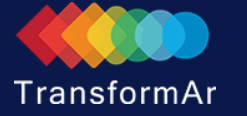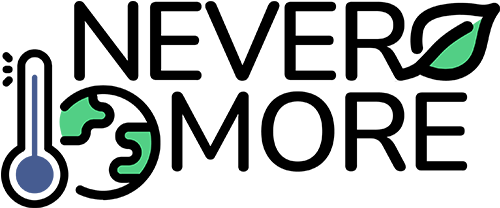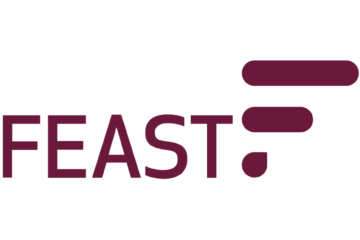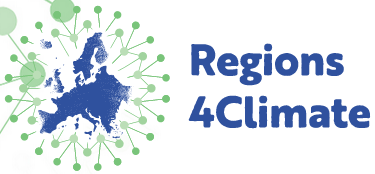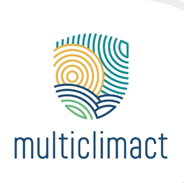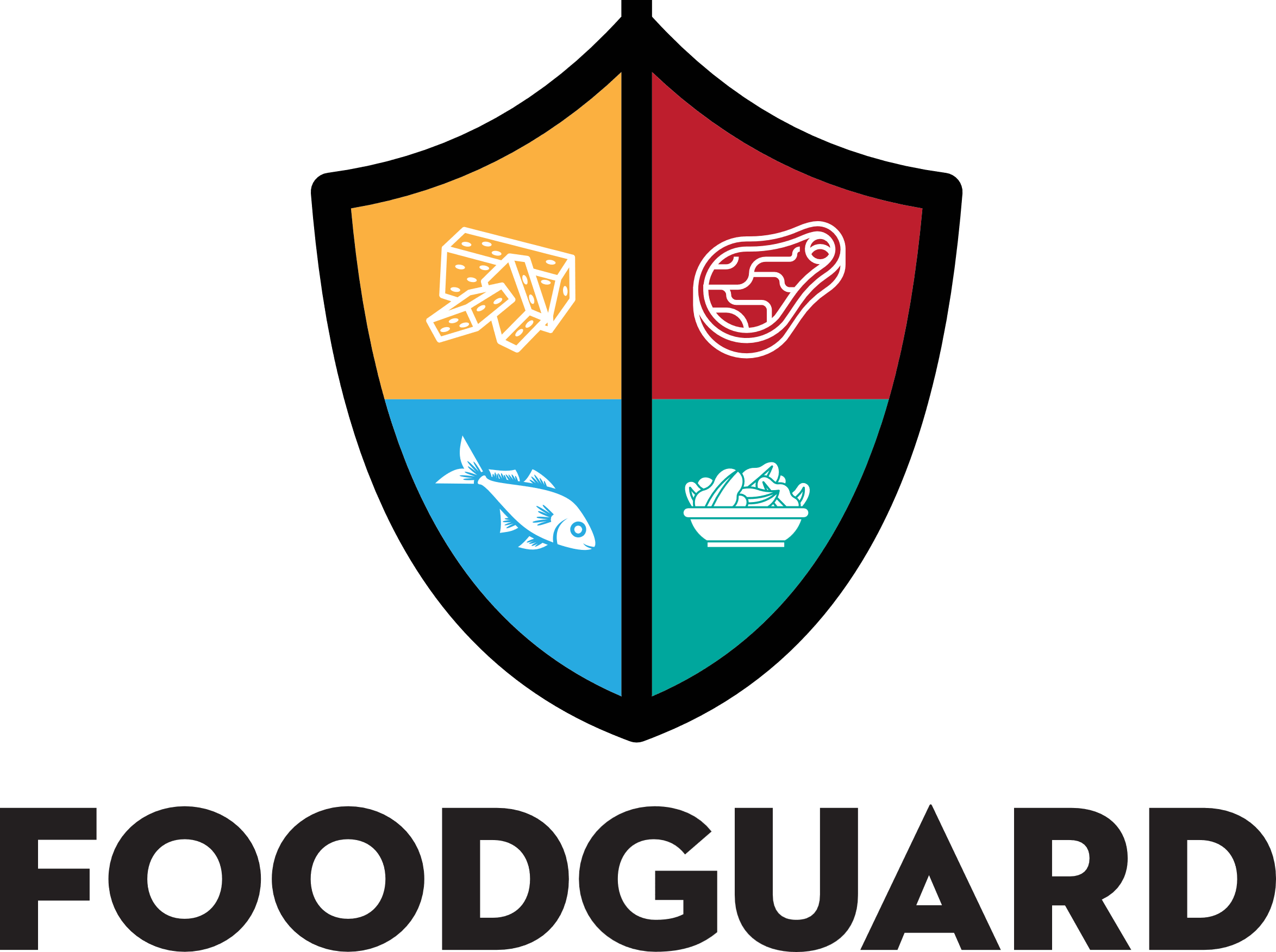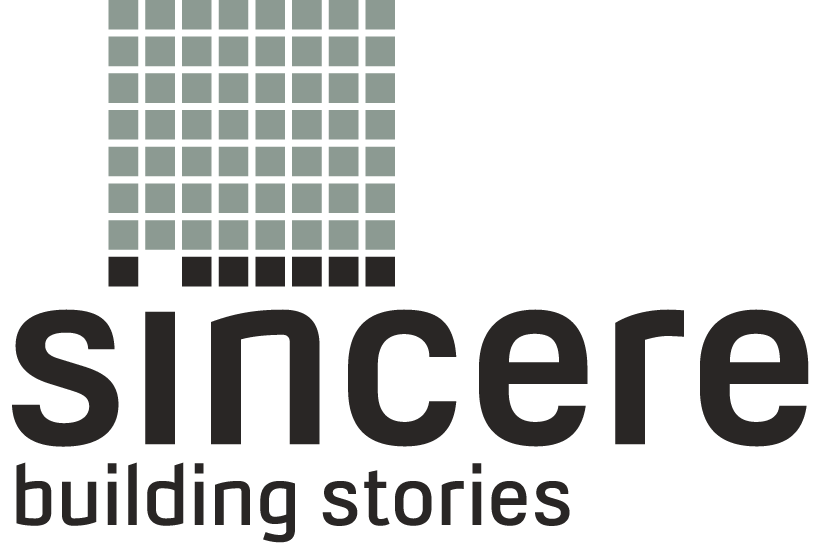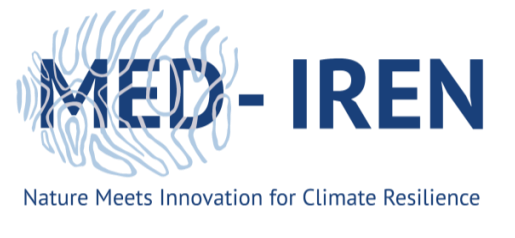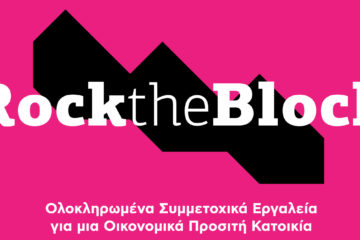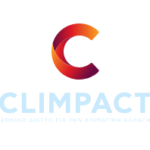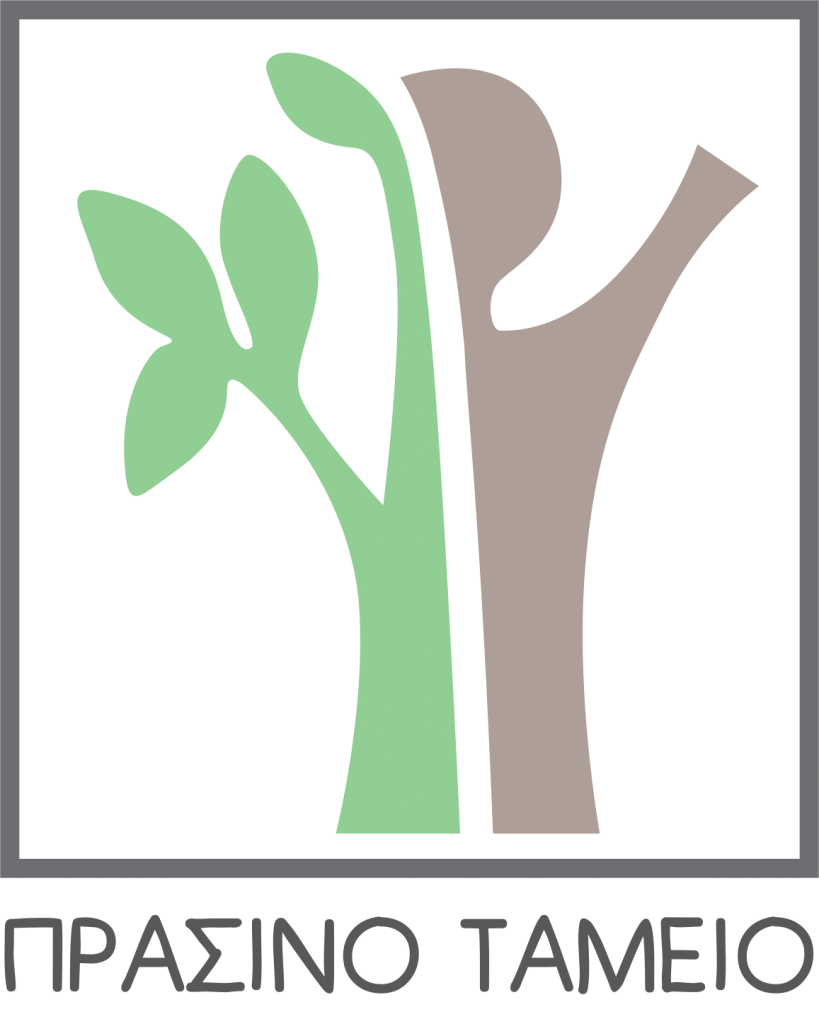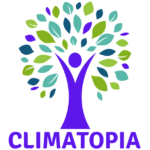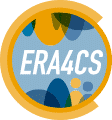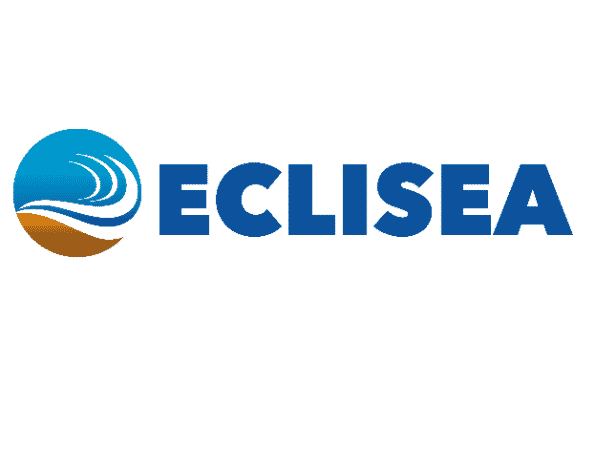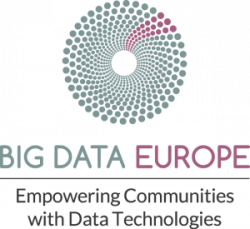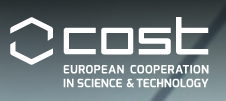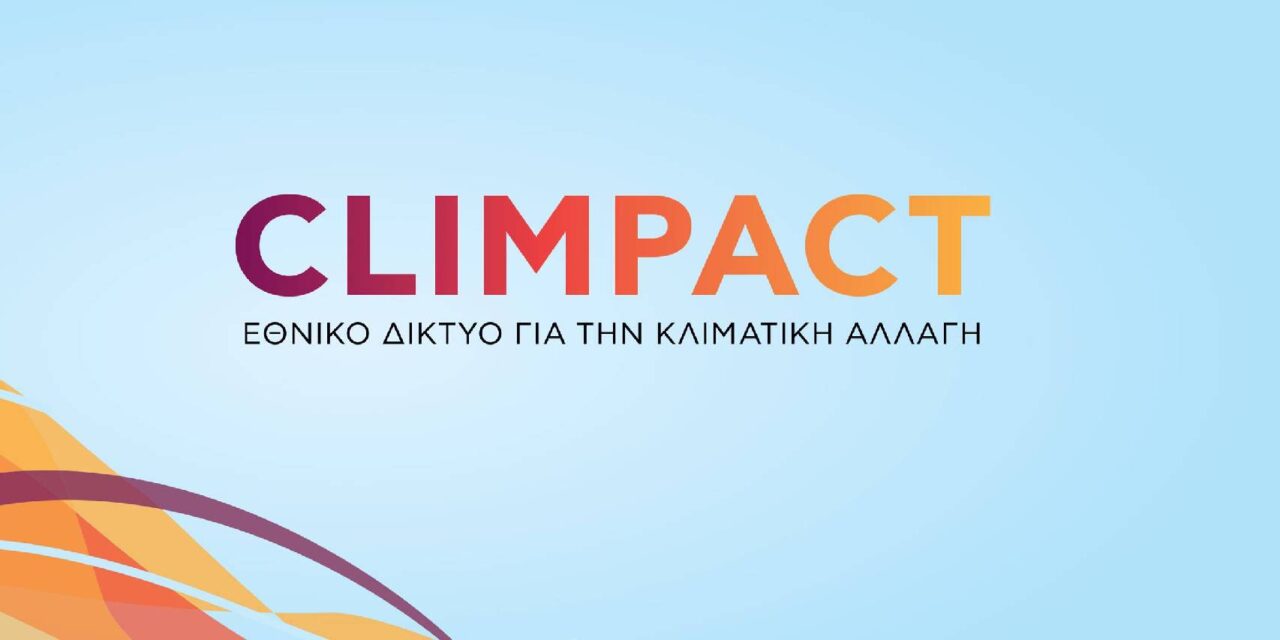Projects
On going projects
Wildfires represent a significant challenge for both society and the economy. The EU-funded FirEUrisk project will develop, assess, and promote a science-based integrated strategy to improve existing wildland fire risk assessment, create efficient methods to reduce fire risk and adapt management strategies for future climate and socioeconomic changes. The project will connect researchers, stakeholders, and citizens, combining innovative techniques, and policy recommendations to improve existing systems and methods on a regional and EU level. A risk-centred management strategy integrating wildfire prevention, suppression, and restoration practices and policies and implementing an operational platform of coordination, professional training, and exercises will address mega-fires, the wildland urban interface, and the fire challenges in Northern Europe.
Transformational adaptation (TA) is essential to reduce climate-related impacts on people, the economy and the planet. The EU-funded TransformAr project will create products and services to introduce large-scale and disruptive adaptive TA processes in vulnerable regions and communities across Europe. Relying on existing successful initiatives, the project will address water-related risks and impacts of climate change through six TransformAr lighthouse demonstrator regions and communities that will test solutions. Transformational pathways are deemed essential for climate and social resilience to achieve rapid and far-reaching TA. Gathering 22 partners from 11 countries, the project’s findings will contribute to the EU’s strategy on climate change adaptation.
What do we know about the interactions between climate change impacts and risks, mitigation and adaptation options? To answer this question, the EU-funded NEVERMORE project is drawing information from physical modelling of impacts and risk analysis methodologies and aligning across different scales – from national and EU to local and regional. NEVERMORE will develop an integrated common assessment framework consistent across scales for modelling, simulating and evaluating impacts and risks of climate change. It will also conduct case studies in five countries (Greece, Italy, Sweden, Spain and Romania) with diverse socio-ecological EU contexts. Moreover, the project will develop a user-friendly ICT toolkit that considers technical and policy recommendations towards a climate-neutral and resilient society.
FEAST (Food systems that support transitions to hEalthy And Sustainable dieTs) aims to support the EU's just transition to healthy diets produced by sustainable food systems. Using a Multi-Actor Approach, FEAST will leverage current best practice and co-design novel solutions with EU food system stakeholders, including diverse vulnerable groups, to identify how they can be supported and empowered to facilitate and benefit from the transition to healthy and sustainable dietary behaviour at all levels and in all sectors of the food system. FEAST's objectives are:
1.To better understand, describe and measure barriers and facilitators that influence the dietary behaviour of different groups (particularly vulnerable groups), accounting for geographical, socio-economic, behavioural, gender and cultural differences
2.To collaborate with key stakeholders in Europe’s food systems to identify and/or design and test innovative and effective tools, programmes and strategies, including social innovations, that will enable consumers to make informed food choices that promote the self-management of healthy and sustainable dietary behaviours and lifestyles
3.To empower individuals to adopt healthier and more sustainable dietary behaviours, choices and lifestyles by means of evidence-based strategies and tools addressing all food system actors at the level of Member States, EU and wider international community
4.To increase the adoption of food and health policy interventions that aim to drive the transition to healthier and more sustainable diets by all stakeholders within the food system by designing and testing scientifically-informed ommunication strategies, and associated monitoring approaches, that could be used by policymakers
All stakeholders will be invited to our FEAST project and we will not accept that anyone is left behind or is left hungry and wanting because we do not believe in zero-sum games - we adhere to the principle that all must ‘Win’.
Compound weather and climate extremes involve a diverse set of events including concurrent climate extremes as well different non-standard high-impact events. These extreme weather and climate events can have devastating consequences. In this context, the EU-funded C2IMPRESS project will increase public awareness on multi-hazard risks. It will move the discussion away from the traditional ‘hazard-centric’ approach to a novel ‘place and people’-centred integrated multi-hazard risk and resilient assessment framework. The project will develop several breakthrough innovations, such as a multi-hazard risk intelligence network platform supported by the robust Earth System Dynamic Intelligence and a suite of technologies to empower citizens and society with climate actions.
Climate change is expected to worsen the frequency and impact of extreme weather events. Together, we can build more resilient communities by integrating best practices and innovations from all sectors and from diverse areas of research. The EU-funded R4C project will develop innovative tools and collaborative practices to support European regions and communities in developing and implementing their own resilience plans that not only explicitly address social, environmental and economic innovations but also inherently consider social equity and social justice concerns associated with resilience building. The project will use system dynamic modelling to understand relationships among and trade-offs between different potential resilience innovations. This will support European regions and communities in their efforts to build resilience to climate change impacts.
The Regions4Climate project aims to collaboratively develop and demonstrate a socially-just transition to climate resilience. Based on cross-sectoral roadmaps developed together with regional stakeholders, the project will create and implement innovations combining sociocultural, technological, digital, business, governance, and environmental solutions to reduce the vulnerability of European regions to the impacts of climate change.
The frequency and severity of climate-related disasters have been increasing over the past 20 years. According to climate change projections, this will worsen in the coming decades. The EU-funded ICARIA project will use asset-level modelling to understand climate-related direct and indirect impacts provoked by complex, compound and cascading disasters and the risk reduction that suitable, sustainable and cost-effective adaptation solutions provide. The project focuses on critical assets and infrastructures not designed to consider potential changes to climate, as well as on housing and natural land areas. ICARIA will implement and replicate innovative methods and multi-risk assessment approaches in the Barcelona Metropolitan Area, the South Aegean archipelago and the Salzburg region in Austria. The project will assist risk owners in assessing adaptation solutions' costs and benefits.
The SAFE-CITIES project aims to help to protect public spaces by providing a security and vulnerability assessment framework supported by an interactive platform.
The mentioned assessment leads to recommendations of actions for current and future-planned spaces to be adjusted so that the risks identified within the first phase are consequently and effectively mitigated.
The platform will enable the simulation of complex scenarios, taking into account the behaviour of the crowd and various types of attacks in any space in a realistic 3D virtual environment, allowing for comprehensive and dynamic risk and vulnerability assessments of the tested locations.
The SOTERIA project aims to advance innovative insurance solutions for climate change adaptation in different European regions and communities. To do so, SOTERIA will work through three main tracks forming the core of our approach: i) documenting best practice in relation to data, new insurance and robust enabling frameworks; ii) testing of some of these solutions; and iii) the creation of communities of practice for regions and insurance as legacy. We aim to help reducing the protection gap by documenting best practice and the testing of insurance products and services that reward proactive prevention measures while seeking to increase coverage through co-designed solutions. We will also consider the enabling framework that analyses the role of public sector modernisation and how to develop affordable insurance schemes that leave no one behind, through our Communities of Practice engaged in Climate Resilience society-insurance dialogues. SOTERIA will take these solutions from the levels of research to demonstration and testing with some at the level of precommercial procurement in at least three cases thanks to a network of three pilots and 5 satellites that span different geographical areas (and needs). The project legacy a set of best practice materials as well as a Community of Practice to support other regions interested to design and/or adopt innovative insurance solutions. SOTERIA will contribute to the wider goal of the Mission Adaptation to increase Europe’s resilience and preparedness to face unavoidable consequences of climate change by filling the gaps on insurance coverage for climate adaptation.
As climatic conditions are constantly changing and the frequency of extreme events increases, there is an urgency of planning, designing and retrofitting the built environment in order adapt it to present and future risks. Too frequently the built environment is a driver of vulnerability, rather than being a shelter for citizens. For this reason, mitigation and adaptation need to be pursued actively, putting built environment and human resilience at the center of a climate and future-proofing action. The MULTICLIMACT project aims to develop a mainstreamed framework and a tool for supporting public stakeholders and citizens to assess the resilience of the built environment and its people at multiple scales (buildings, urban areas, territories) against locally relevant natural and climatic hazards and supply-chains, as well as to support them to enhance their preparedness and responsiveness across their life cycle. The mainstreamed approach will include a method specifically targeted for including several types of built environment assets, including human well-being, health, and quality of life as an essential scale of analysis and action. MULTICLIMACT will support resilience-enabling ACTions by implementing a toolkit of 18 reliable, easy-to-implement and cost-effective Design methods, Materials, and Digital Solutions, enabling users to easily estimate the impact of their implementation on the resilience of the targeted asset, integrating a multidisciplinary approach integrating socio-economic, life, engineering, and climate disciplines. The MULTICLIMACT approach is integrated with relevant international and European initiatives, building upon existing knowledge and instruments, and demonstrating the proposed approach in four case studies that represent various geographical location, natural and climatic hazards, social and economic systems and scales of analysis, ranging from single buildings (including cultural heritage) to the urban and territorial scales.
FOODGUARD aims to develop and demonstrate co-created solutions that will support innovations & advances based on microbiome, microbial activities & technology hubs to address food, health, economic and environmental challenges.
The envisioned approach consists of a framework of toolsets & methodologies to provide sustainable solutions in food processing, packaging & across the food value chain to address food shelf-life increase & waste reduction in a holistic manner.
The proposed solutions aim to
(a) extend food shelf life with novel packaging/ biopreservation i.e. use of protective cultures/synthetic microbial consortia, recyclable films with natural antimicrobials or protective cultures;
(b) monitor food quality/safety/shelf life with microbial indicators/molecular biomarkers used in smart packaging (TTIs, smart printed tags, no-invasive sensors)&
(c) accurately predict food shelf life & improve traceability using predictive models, AI/ML, Internet of Things & tools like QR,NFR etc.;
FOODGUARD toolbox components will be extensively evaluated in real life settings through four pilot demonstrations in 4 different countries with involvement of all relevant actors while covering diverse requirements and different food products.
FOODGUARD outcomes target
i) to minimize food loss and waste by shelf life extension and prediction
ii) to help the food industry to implement these preservation solutions as an alternative to chemical preservatives
iii) to deploy responsive policy for implementing these approaches as well as to engage consumers educated via tools/platforms, effectively improving awareness &trust in the food sector to
(iv) increase traceability, providing real-time supply transparency that will improve the uptake of data-driven innovations in food systems, optimize resource efficiency (reducing food waste from farm to fork)
(v) manage increased complexity in agri-food production & supply chain process, make it easier for consumers to adopt a healthy & safe food diet.

RECREATE aims to improve the resilience of water supplies and protect the status of natural water resources by facilitating the assessment and inclusion of Alternative Water Resources (AWR) in water management planning for water scarce regions, and to increase awareness and acceptance of and trust in the fundamental role of AWR in climate change adaptation.
RECREATE will produce an open access repository compiling knowledge and data on the cost-efficiency, environmental and health impact of different technological and water management alternatives.
This repository will be encoded as an independent module into a Digital Decision Support Framework (RECREATE_WT) that, together with 3 additional modules covering climate change impact predictions, adaptation strategies to local context and a decision matrix will be used for co-creating adaptative pathways for water management. RECREATE_WT will compile and assess information on water availability and demand for a given region and organise knowledge on the performance of innovative treatment technologies. It will explicitly consider human health risks associated to potable use, local context (regulatory, cultural, spatial and socio-economical aspects) and water management strategies under different stress scenarios.
The tool will provide a decision matrix for pathways creation,thus RECREATE_WT will act as a knowledge orchestrator and a decision theatre environment for co-designing water resource planning.
- Website: https://recreate4water.eu/
- Linkedin: https://www.linkedin.com/company/health-care-without-harm-europe/
Today, 19th and 20th c. modern period buildings are the trademark of numerous European cities, forming a great part of EU Built Heritage, reflecting and shaping the identity of our local, national and multinational societies. Considering that historic buildings are ineffective in terms of energy consumption for heating and cooling, among the biggest restoration and renovation challenges is to enhance the energy performance of historic buildings. SINCERE aims to elucidate the values of Built Heritage and provide the tools for optimizing the carbon footprint and energy performance of historic buildings, towards the requirements of net-zero-carbon-buildings, by utilizing innovative, sustainable, and cost-effective restoration materials and practices, energy harvesting technologies, ICT tools and socially innovative approaches. SINCERE adapts a multi-scale concept, from material-, to building-, to neighbourhood- to city-scale, applied on the three main parts of buildings: structure, external envelope (opaque), and transparent parts, implemented at different time-frames, in order to provide decision making tools to the stakeholders involved in the process, considering the full-service life of the buildings, including restoration, operation, monitoring and maintenance phases. Energy performance in terms of retrofitting materials and solutions will be optimized according to the buildings’ unique structural, architectural, functional and materials characteristics, their environmental setup, as well as local future climate change scenarios. SINCERE will provide a palette portfolio of sustainable restoration options that will be evaluated by H-BIM/H-DT tools in order to enable the selection of optimum solutions and the planning of necessary adaptation actions. SINCERE will also focus on raising awareness and empowering Europeans to promote the concept of preservation CH buildings by disseminating the obtained results through national and international scale activities.
The Med-IREN project aims to protect local communities and businesses from climate extreme events across the Mediterranean region. By combining nature-inspired solutions with engineering practices, the project seeks to safeguard societies from flooding, wildfires and other climate hazards that threaten critical sectors, such as transport and energy. The project will be showcased in five regions across the Mediterranean, and the solutions and interventions will be replicated into four regions across the EU. Med-IREN will also demonstrate key factors for upscaling and replicating these mechanisms within Mediterranean regions and beyond.
- Website: https://med-iren.eu/
- Linkedin: https://www.linkedin.com/company/med-iren/
Adaptation to climate change has become a central focus for researchers across various fields, including climate science, environmental science, urban planning, information science and social science, to support policymakers in making informed decisions to build a climate-prepared and resilient society.
The major challenges in achieving this goal are (i) lack of seamless interaction between platforms, data spaces, and users, (ii) poor data interoperability as well as service interoperability, (iii) lack of infrastructural support for generating FAIR data, and blegal barriers hindering access to data.
CLIMATE-ADAPT4EOSC aims to overcome these challenges by providing an EOSC-centred collaborative research environment equipped with existing EOSC data and services and extended with new data and services, such as Interoperability, FAIRification, Research Results Publishing as Open Data, Data Adaptation, Data Format Compliancy, Mapping and Entity Matching, enabling interoperability and seamless interaction of data that allow the creation of extended services, e.g., Big Data Analytics for climate risk assessments. The project develops a climate change adaption ontology and an EOSC Climate-Adapt Knowledge Graph based on the ontology, supporting findability, accessibility, tracking and life cycle management of research outputs of various kinds, including data, scientific papers, methods, code, software packages and tools.
CLIMATE-ADAPT4EOSC also develops three innovative services that provides support to EU Mission climate change adaptation and the European Green Deal. These services have been planned to be demonstrated in Five EU countries.
LIFE+
Climate change strikes at the very core of the healthcare sector’s mission to keep people healthy. Individual hospitals and entire healthcare systems are affected operationally, financially, and structurally by the rising frequency of extreme weather events. Even distant climate events can affect the health of local communities, e.g., smoke from wildfires can create significant and concentrated air pollution causing wide-reaching health impacts.
Our health is intrinsically linked to the environments we live in, climate change therefore directly impacts the health of patients and communities. As climate change worsens, more and more people will face the health consequences of wildfires, hurricanes, and floods. Forced migration from failed crops, droughts, and the resulting political unrest will also undermine human health, which must be at the heart of our climate change adaptation policies.
The LIFE RESYSTAL project addresses gaps in the European health systems’ climate resilience. This project supports improved climate vulnerability assessment of health systems as well as an improved understanding of the interdependencies between different infrastructures (e.g., transport, energy networks, telecommunications, and clinical services), to ensure a more secure and resilient health service provision. The project also supports investment decisions that consider and encourage climate change adaptation.
https://webgate.ec.europa.eu/life/publicWebsite/project/details/5568
European Urban Innovation
The City of Egaleo seeks to tackle the vicious cycle created between low housing quality/unsatisfied housing needs and weak community bonds. To reach this goal, the Rock the Block project proposes an innovative Urban Policy and Funding tool to improve housing via technical transformations and renovations. Residents will also benefit via community building and upskilling and institutional interventions for care and support. Following New European Bauhaus principles, the innovative project uses “Polykatoikia” as the intervention unit to deal collectively with common problems, setting up a new transferable urban policy and funding tool and two new municipal structures
Stay connected with Rock the Block on social media for the latest updates, events, and exclusive content! Follow us on:
- LinkedIn: linkedin.com/company/rock-the-block
- X (Twitter): x.com/rocktheblockEUI
- Facebook: facebook.com/rocktheblockEUI
- Instagram: instagram.com/rocktheblock.gr
- TikTok: tiktok.com/@rock.the.block
- YouTube: youtube.com/@RocktheBlockEUI
National Funding
Το πρόγραμμα Herisktage αφορά στην ανάπτυξη συστημάτων καταγραφής και παρακολούθησης των επιπτώσεων της κλιματικής αλλαγής στο μικροπεριβάλλον και στα υλικά των μνημείων.
Σε διεθνές επίπεδο, οργανισμοί όπως η UNESCO, η Ευρωπαϊκη Ένωση, το ICOMOS κ.ά. έχουν αναλάβει πληθώρα δράσεων για την ενημέρωση και την ευαισθητοποίηση των πολιτών, ταυτόχρονα με την έκδοση οδηγών για την προστασία της πολιτιστικής κληρονομιάς έναντι κλιματικών κινδύνων.
Η Ελλάδα ως μέλος διεθνών οργανισμών, συμμετέχει ενεργά στο διάλογο για την προστασία της πολιτιστικής κληρονομιάς από την κλιματική αλλαγή, με πρωτοβουλίες σε διάφορα επίπεδα, δράσεις ενημέρωσης και ευαισθητοποίησης, αλλά και υλοποίηση ερευνητικών Προγραμμάτων όπως το Herisktage.
http://www.nevermore-horizon.eu/
https://www.culture.gov.gr/el/Information/SitePages/view.aspx?nID=4173
Πρωταρχικοί στόχοι της εμβληματικής πρωτοβουλίας είναι :
Η ενοποίηση, ο εναρμονισμός και η βελτιστοποίηση των υφιστάμενων κλιματικών υπηρεσιών και συστημάτων έγκαιρης προειδοποίησης για έντονα φυσικά φαινόμενα και φυσικές καταστροφές στην Ελλάδα, συμπεριλαμβανομένων των υποστηρικτικών παρατηρήσεων και της ανάπτυξης εξειδικευμένων εργαλείων από τις σχετικές εθνικές υποδομές.
Η αξιοποίηση νέων ερευνητικών αποτελεσμάτων και μεθοδολογιών στην παραγωγή πρωτότυπων κλιματικών υπηρεσιών και καινοτόμων συστημάτων έγκαιρης προειδοποίησης για φυσικές καταστροφές συνδεόμενες με την κλιματική αλλαγή.
Η δημιουργία ενιαίας εθνικής βάσης δεδομένων μέσω της συστηματικής συλλογής, ελέγχου και αρχειοθέτησης κλιματικών και περιβαλλοντικών παραμέτρων, δεδομένων από δορυφορικά συστήματα παρατήρησης της γης, καθώς και δεδομένων μοντέλων και προϊόντων προστιθέμενης αξίας και η ελεύθερη, ανοιχτή και δωρεάν χρήση τους από την Ελληνική και διεθνή επιστημονική κοινότητα.
Η έγκυρη και έγκαιρη διάχυση πληροφοριών προς θεσμικούς φορείς που είναι επιφορτισμένοι με την λήψη αποφάσεων, τον σχεδιασμό διατομεακών πολιτικών (με έμφαση στον τουρισμό, γεωργία, δάση/οικοσυστήματα, και πολιτική προστασία), την θωράκιση των πολιτών και εν γένει της κοινωνίας και των οικονομικών δραστηριοτήτων από τις επιπτώσεις της Κλιματικής Αλλαγής.
Αντικείμενο της παρούσας έρευνας αποτελεί η διερεύνηση της παράκτιας και κοινωνικής τρωτότητας των ακτών της Ανατολικής Κρήτης (από τη Σητεία έως την Ιεράπετρα), μέσω τροποποιημένων Δεικτών Παράκτιας (CVI) και Κοινωνικής Τρωτότητας (CSoVI) καθώς και η εκτίμηση της μελλοντικής τρωτότητας της περιοχής, μελετώντας 3 διαφορετικά σενάρια βραχυπρόθεσμης, μεσοπρόθεσμης και μακροπρόθεσμης κλίμακας. Επιπλέον, θα εκτιμηθούν οι επιπτώσεις από μελλοντική άνοδο της θαλάσσιας στάθμης και θα γίνει η ανάπτυξη ενός Σχεδίου Δράσης/Διαχείρισης με έμφαση στην αντιμετώπιση των διαβρωτικών και πλημμυρικών φαινόμενων στην παράκτια ζώνη της Ανατολικής Κρήτης, για την αποτελεσματικότερη θωράκιση και προστασία του υπάρχοντος ζωτικού χώρου και πεδίου, αλλά και των σχετιζόμενων υποδομών τους από την ήδη προελαύνουσα, ευστατική άνοδο, βραχυπρόθεσμης, μεσοπρόθεσμης και μακροπρόθεσμης κλίμακας. Η προτεινόμενη προσέγγιση είναι ερευνητικώς πρωτοπόρα, αφού η εκτίμηση της παράκτιας τρωτότητας θα βασισθεί στην εισαγωγή νέων παραμέτρων για την ανάπτυξη των τροποποιημένων Δεικτών CVI και CSoVI, κάτι που καθιστά την έρευνα μεθοδολογικώς, σύγχρονη και καινοτόμα.
Finished projects
Climatopia is a European project, funded by the Erasmus+ programme, which started in February 2022. Its main objective is to develop teaching materials and teaching methods to be included in schools, pre-service and in-service teacher training contexts, as well as to be widely communicated and discussed in communities.
EU-CIRCLE’s scope is to derive an innovative framework for supporting the interconnected European Infrastructure’s resilience to climate pressures, supported by an end-to-end modelling environment where new analyses can be added anywhere along the analysis workflow and multiple scientific disciplines can work together to understand interdependencies, validate results, and present findings in a unified manner providing an efficient “Best of Breeds” solution of integrating into a holistic resilience model existing modelling tools and data in a standardised fashion.
It, will be open & accessible to all interested parties in the infrastructure resilience business and having a confirmed interest in creating customized and innovative solutions. It will be complemented with a webbased portal.The design principles, offering transparency and greater flexibility, will allow potential users to introduce fully tailored solutions and infrastructure data, by defining and implementing customised impact assessment models, and use climate / weather data on demand.
The ERA-NET Consortium “European Research Area for Climate Services”, so-called ERA4CS, has been designed to boost the development of efficient Climate Services in Europe, by supporting research for developing better tools, methods and standards on how to produce, transfer, communicate and use reliable climate information to cope with current and future climate variability.
The overall objective of ERA4CS is to enhance user adoption of and satisfaction with Climate Services (incl. adaptation services).
ECLISEA is a project that aims to advance coastal and marine climate science and associated services through developing innovative research of sea surface dynamics. The project is built upon the premise that the outcomes should be applicable throughout Europe. ECLISEA proposes an integral research plan that starts with assessing the needs of specific stakeholders; includes groundbreaking investigation related to mean sea level rise, storm surge, waves, total water level and coastal flooding and erosion methodologies, and ends up with the development of an on-line open prototype of a coastal climate service in Europe.
Extreme winds pose major risks to life, property and forestry, while extreme ocean waves can impact on offshore infrastructures and coastal communities. WINDSURFER is a 3-year project that brings together eight leading research institutions across Europe to co-develop new methods, tools and assessments of extreme wind and wave risk with a focus on the Insurance, Forestry and Energy sectors.
SERV_FORFIRE has the aim of creating an international collaborative community, to share the best methodologies related to the fire and post fire risk prevention. Experts in remote sensing of soil and vegetation, risk management and mitigation, and climate change are joined under this project to provide information to stakeholders and users to better understand and manage fires. The core activities are the seasonal fire occurrence model development, the Post fire risk assessment and the implementation of the joint activities among partners. Monitoring and mitigation strategies are shared at European and local scales also investigating pilot areas selected in Europe.
BigDataEurope will provide support mechanisms for all the major aspects of a data value chain, in terms of the employed data and technology assets, the participating roles and the established or evolving processes. The effectiveness of the provided support mechanisms will be assessed in different domains pertaining to Europe’s major societal challenges with respect to the needs and requirements of the related communities. To this end, BigDataEurope focuses on providing an integrated stack of tools to manipulate, publish and use large-scale data resources; tools that can be installed and used freely in a customised data processing chain with minimal knowledge of the technologies involved and integrating and industrially hardening key open-source Big Data technologies and European research prototypes into a Big Data Integrator Platform, i.e. an ecosystem of specifications and reference implementations that are both attractive to current players from all parts of the data value chain while also lowering the entry barrier for new businesses.
An integrated application platform to protect and promote cultural and tourist sites, (NSRF, Operational Program Competitiveness, Entrepreneurship, and Innovation, under the call Research–Create–Innovate, Contract Nu: Τ1ΕΔΚ-02219, Acronym XENIOS) – 2019-2022
CLIMPACT consists of the following eleven emblematic, national scientific bodies: the Academy of Athens, the National Kapodistrian University of Athens, the Aristotle University of Thessaloniki, the Hellenic Center for Marine Research, the National Center for Scientific Research “Demokritos”, the Research Center ‘ATHENA’, the National Technical University of Athens, the University of Crete, the Technical University of Crete, the National Center for Social Research and the National Observatory of Athens. CLIMPACT which is coordinated by the National Observatory of Athens seeks cooperation with the National Commission for Climate Change of the Bank of Greece but also with other relevant initiatives and actions in order to act as an advisory body and a pole of valid and multifaceted expertise for the State and the Society.

